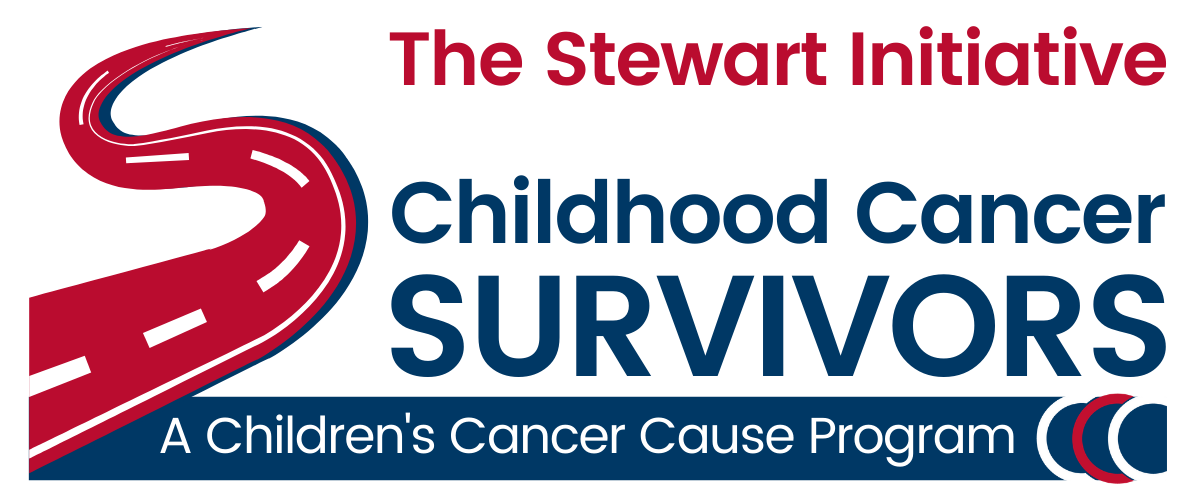
Social & Emotional Health
Childhood cancer threatens every aspect of the family's life and the possibility of a future, which is why optimal cancer treatment must include psychosocial care. For children and families, treating the pain, symptoms, and stress of cancer enhances quality of life and is as important as treating the disease.
Evidence-Based Psychosocial Standards of Care
Thanks to the leadership of the Mattie Miracle Cancer Foundation, the first national peer-reviewed standards for psychosocial care of children with cancer and their families were published in December 2015. This marked a major step toward improving and standardizing the psychological and emotional care of children with cancer and their families. The standards recommend that children and their families receive regular psychological assessments, early education about palliative care, financial guidance, school support and more. While much of these standards focus on care for children and families during treatment, a detailed section (PDF) of the standards report focuses on the specific psychosocial needs of childhood cancer survivors. The findings indicate that childhood cancer survivors may experience lower psychological well-being, greater anxiety, more problem behaviors, and more post-traumatic stress syndrome. In a study comparing childhood cancer survivors to healthy peers, survivors reported more days per month of poor mental health.Top-line survivorship recommendations from the Standards for Psychosocial Care report.
Supporting Your Mental and Emotional Health
It is normal for survivors and their families to feel a wide range of emotions as they transition into survivorship, aside from the relief and happiness that comes with the completion of successful treatment. Many of the normal emotional responses can be difficult to deal with, including: fear that the cancer will return; stress that comes from each follow-up visit and the uncertainty of what it will bring; sadness about the loss of a normal childhood; and even guilt from surviving when others you met along the way did not.Most survivors adapt well to these stresses - but sometimes you may need extra help. It’s important to recognize the signs of psychosocial distress and know when to reach out for help.Symptoms of post-treatment psychological distress can include the unwanted recollection of painful cancer memories, uncontrollable physical or emotional overreactions, or going out of your way to avoid thinking about your cancer or treatment. Some survivors report a significant negative response upon entering a hospital, for example. Even one of these symptoms can get in the way of living a normal life and developing healthy relationships.According to the Children’s Oncology Group, several factors can affect the development of depression and anxiety with symptoms of post-traumatic stress in childhood cancer survivors. These include:Female genderAdolescent or young adult agePrior traumaMental health or learning problems before childhood cancerLow levels of social supportParental history of depression, anxiety, or PTSDCancer of the brain or spineCancer treatment to the central nervous system, such as radiation to the head or chemotherapy into spinal fluidTreatment with Hematopoietic Cell Transplant (bone marrow or stem cell transplant)
If you are suffering from emotional distress or possibly even post-traumatic stress disorder, discuss your concerns with your healthcare provider and seek a referral to a mental health professional. This is particularly important if your distress lasts more than two weeks and/or interferes with your daily activities. In particular, pay attention to some of the following signs:Constant tiredness, increased irritability, or low energy levelsChanges in appetite or weightCrying easily or being unable to crySleeping a lot, or not sleeping wellFeeling hopeless; thoughts of escape or deathDecreased interest in activities that were once pleasurablePhysical reactions, including rapid heart rate, shortness of breath, or nausea, when thinking about cancer, or feeling extremely angry or fearful when thinking about cancerAvoiding health care visits and/or refusing to discuss cancer
Know that there is treatment available to help, including counseling sessions and/or medication. The National Cancer Institute provides information here on a newer form of cognitive behavioral therapy called acceptance and commitment therapy (ACT). ACT empowers survivors by helping them figure out what they have the power to change through their actions and what circumstances are “unchangeable realities,” providing coping skills for dealing with the latter.Your primary healthcare provider can help you find a suitable mental health professional in your community. The flip side of psychological distress in survivors is “post-traumatic growth,” according to Karen Syrjala, PhD, a clinical psychologist at the Fred Hutchinson Cancer Research Center. The cancer experience may help survivors develop new strategies to manage emotional challenges, deepen their relationships with family or friends, and help them realize they have the strength to get through difficult situations. Surviving cancer may also lead people to re-evaluate their priorities and appreciate life more fully. (NCI)
Featured App: Vivibot
A chatbox from GRYT Health, Vivibot helps to reduce anxiety and depression and boost resiliency. Designed by and for young adults dealing with cancer, Vivibot provides a safe and secure space to express how you feel and empowers you to regain your sense of control. She can also help to create good habits through kindness and gratitude – for yourself and others.
Psychosocial Support Resources
National Cancer Institute
This NCI resources includes advice on talking with mental health experts, spotting signs of depression, and finding support groups.
American Psychiatric Association
This site provides guidelines for choosing a psychiatrist and a searchable database of psychiatrists in your area.
National Cancer Institute: Anxiety and Distress
This April 2020 article from the NCI - “Helping Cancer Survivors Cope with Cancer-Related Anxiety and Distress” - provides updated research and resources.
Association of Pediatric Oncology Social Workers
APOSW is a group of social work professionals focused on enhancing the lives of children with cancer and blood disorders and the families who care for them.
National Institute of Mental Health
This site provides general information about anxiety or depression, available treatments, finding a mental health provider, and access to research reports and other relevant information.
American Psychological Association
APA offers a “Help Center” with wide-ranging support resources extending beyond cancer concerns, including information on coping with COVID-19.
Children’s Oncology Group
Much of the information on this page is based on COG guidelines. The COG ‘Emotional Issues after Cancer Treatment’ PDF is a highly recommended resource.



